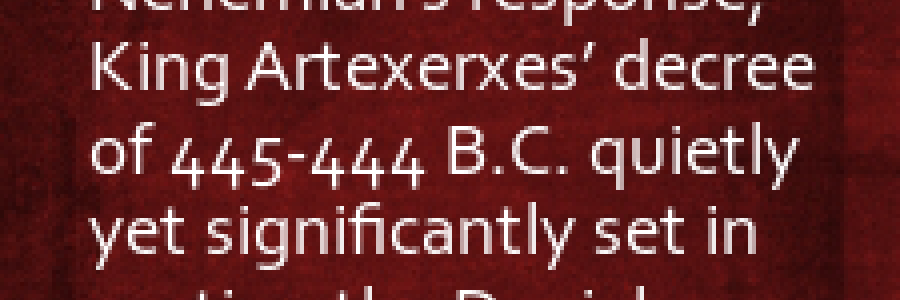To the Valley and Beyond
I am fast approaching two major milestones. First, I will shortly celebrate my seventieth birthday and three weeks later, our church will celebrate its forty-fifth anniversary. Since, in God’s good providence, I have pastored the church from the beginning, the church’s milestone is also the completion of my forty-five years as pastor of Beacon Baptist Church. Both of these celebrations are remarkable tokens of God’s kindness. I frankly did not expect to reach either one, but unless something unexpected intervenes, I will soon be looking at these milestones in the rear view mirror of life.









Discussion